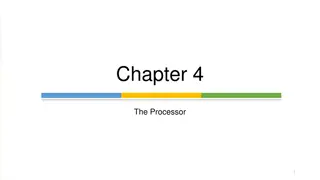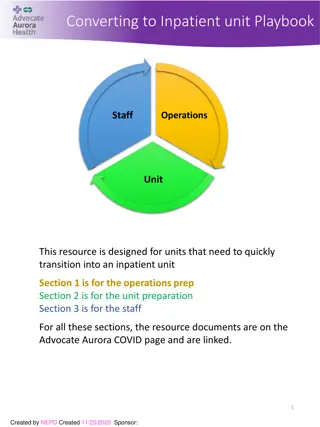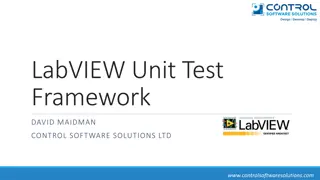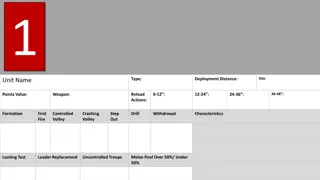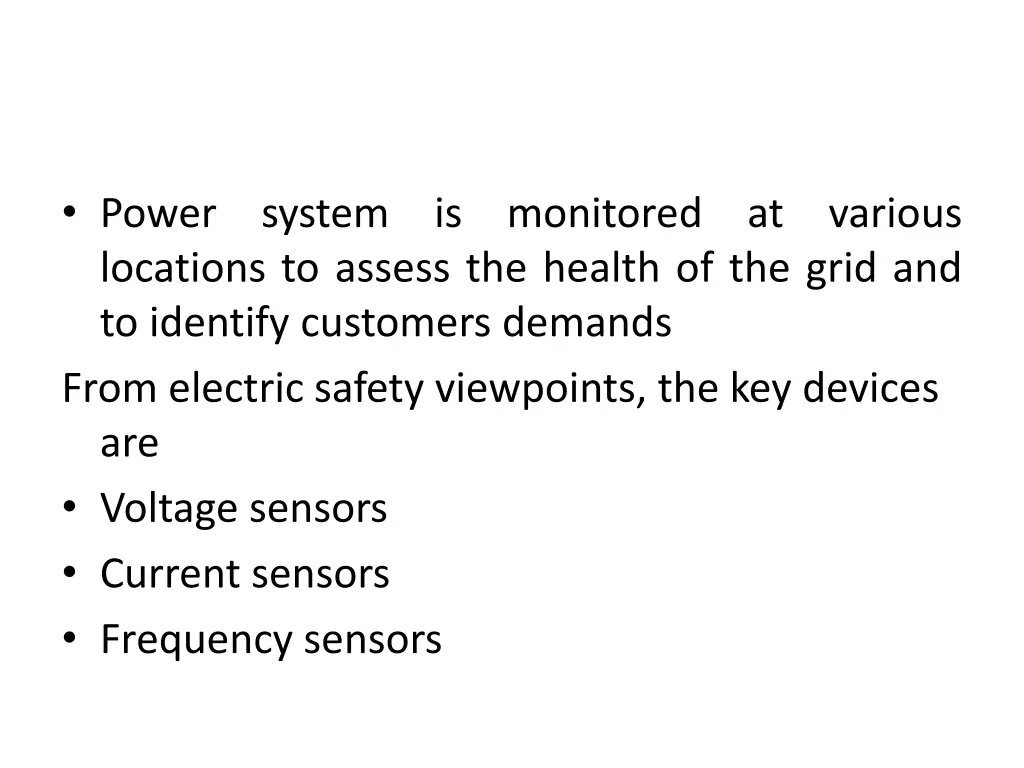
Assessing Grid Health: Key Devices and Measurement Methods
Explore how voltage sensors, current sensors, and frequency sensors play crucial roles in monitoring the grid's health. Learn about voltage divider circuits, capacitor voltage transformers, and other essential devices used in grid assessment.
Download Presentation

Please find below an Image/Link to download the presentation.
The content on the website is provided AS IS for your information and personal use only. It may not be sold, licensed, or shared on other websites without obtaining consent from the author. If you encounter any issues during the download, it is possible that the publisher has removed the file from their server.
You are allowed to download the files provided on this website for personal or commercial use, subject to the condition that they are used lawfully. All files are the property of their respective owners.
The content on the website is provided AS IS for your information and personal use only. It may not be sold, licensed, or shared on other websites without obtaining consent from the author.
E N D
Presentation Transcript
Power locations to assess the health of the grid and to identify customers demands From electric safety viewpoints, the key devices are Voltage sensors Current sensors Frequency sensors system is monitored at various
To measure the high voltage of the grid, the voltmeters are used in two main configurations: the voltage divider (VD) and the PT. Two types of voltage divider circuits
To make this measurement method practical, the current passing through the capacitor must be very small so reasonable current rating capacitors can be used. This can be achieved by using capacitors with very small Also, to have V2 small enough so low dielectric strength voltmeters (or sensors) can be used, C1 must be much smaller than C2. capacitance.
Faulted line with Circuit Breakers Current Settings and Time Settings of C.Bs
Circuit Reclosers Most distribution system faults are temporary due to events such as trees brushing power lines, bird and animal intrusion, or dust accumulation on insulators. When faults occur, utilities assume that the faults are temporary and can be cleared by themselves. They are used in medium- and low voltage substations as well as distribution feeders. For single-phase distribution feeders, single-phase reclosers are used.
Circuit Sectionalizers Sectionalizers are programmable switches that can also be manually or remotely operated. They are not designed to break fault currents or even heavy normal currents. Instead, they are designed to open when there is no current in the circuit. This way, there is no need to have elaborate arc extinguish equipments.
Objectives of Grounding system From the safety point of view: 1. To ensure that a person in the vicinity of grounded facilities is not exposed to excessive charges, and thus is not exposed to the hazards of electric shocks. 2. To provide means to carry electric currents into earth under normal and fault conditions. 3. Under fault conditions, the grounding system must withstand the fault current without being damaged until the overcurrent protection devices isolate the fault.




